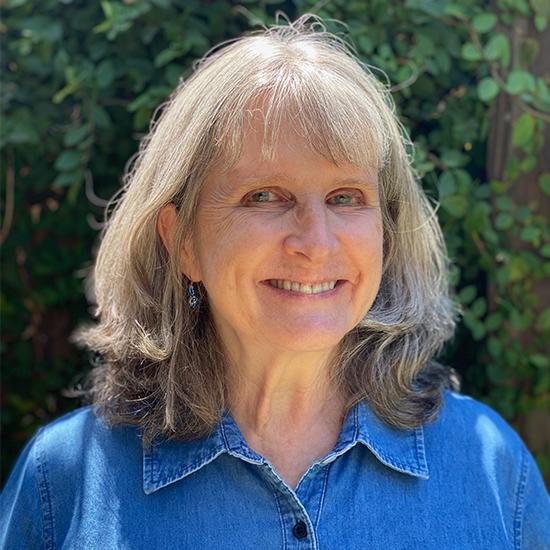New Study by Seaver College Professor Carrie Birmingham Explores Christian Faith and Purpose Among Public School Teachers

Nearly 90 percent of elementary school children in the US attend public schools. Given that school serves as a primary social environment in which students deepen the formation of their identities and worldview, the role of a teacher is significant.
In “The Experience of Being a Christian Public School Teacher,” published by the International Christian Community of Teacher Educators Journal, Carrie Birmingham, Seaver College professor of teacher education, examined how the faith-based identities of current Christian public school educators informed their teaching.
“As a teacher, you are a character in that child’s life story, and as a Christian, you really have something to offer,” says Birmingham. “I'm always curious about what someone's experiences and motivations are, especially present-day teachers.”
While teachers employed at private Christian schools directly incorporate religious content into their class curriculum, public school teachers use state-approved, nonreligious curricula—adhering with the US government’s separation of church and state policies.
Curious about how Christian teachers at public schools integrated their faith-based identities into the classroom setting, Birmingham interviewed 16 Christian public school teachers from 11 states and a wide range of grade levels. Though from various church affiliations, all teachers’ concerns fell into four categories: their purpose for teaching, their interactions with supports and oppositions, their values for themselves and for their students, and their perspectives on Christian witness and teaching in their public school settings.
Birmingham found that all teachers considered their purpose for teaching to be infused with their commission to represent Christ and accordingly did not disengage from their religious identities at school. Many of the teachers shared their belief that the opportunity to teach at a public school, while modeling values of grace, forgiveness, and patience—which are applicable outside of Christianity—was their God-given calling, even their ministry.
“Considering that all the Christian teachers involved in this study believed they had a purpose that was guided by their faith, the clear consensus of all this research is that religion matters in how teachers approach and conduct their work,” explains Birmingham. “One teacher who worked in an urban setting often taught about forgiveness. He explicitly mentioned how his students were living in an area where there was a present violence, but that learning the value of forgiveness served to improve his students' emotional health.”
Despite receiving opposition from both Christian and secular sources, who consider Christian educators to belong solely in religious-based institutions, Birmingham’s teachers reported receiving support from fellow colleagues, friends, and family. Many faith-based teachers gathered at their schools early in the morning for Bible studies and to pray over their classrooms before their students arrived.
Some teachers described direct support from God, acknowledging that their desire or gifts for teaching were God-given along with His provision for their jobs and placement in certain schools and with certain challenging students. Birmingham noted, moreover, that none of the teachers involved in her study expressed the certain burnout and despair commonly reported by many public school teachers.
Overall, Birmingham’s study concluded that Christian teachers’ sense of faith-based purpose sustains their ongoing presence within the public school system.
“The role of religion in the lives of public school teachers is under-researched,” says Birmingham. “I believe that Christian teachers do belong in public schools because that’s where the kids are. Christian teachers in public schools trade an amount of freedom to teach from an explicitly Christian perspective for the honor to become an important, face-to-face, daily influence in the lives of students and their families.”